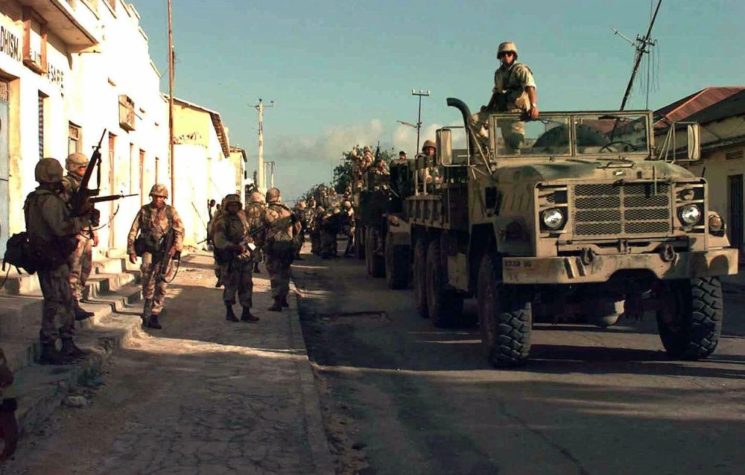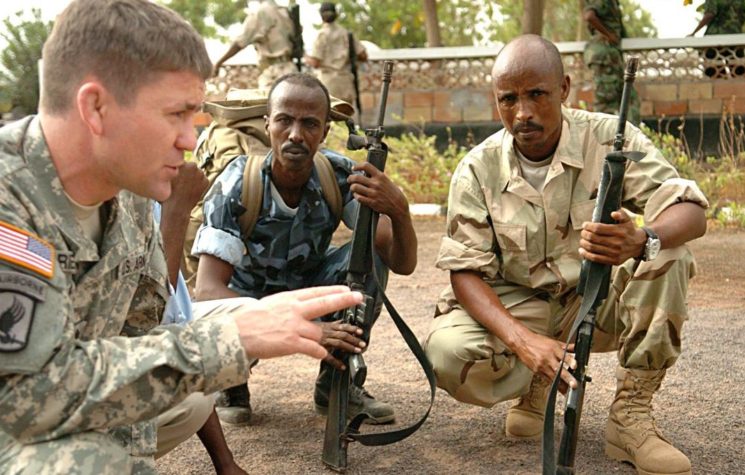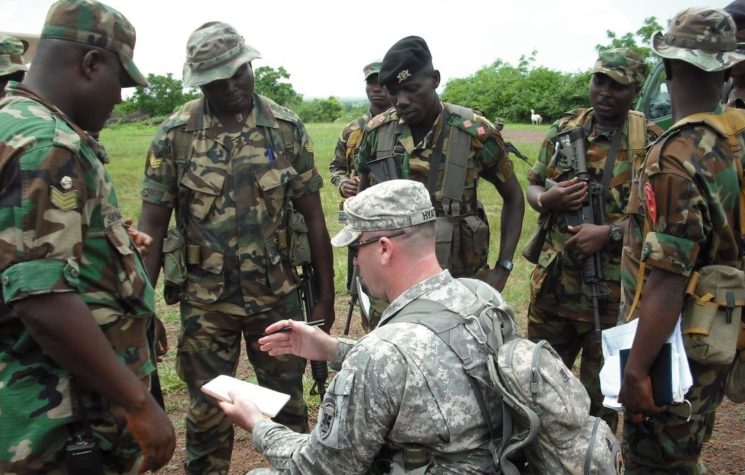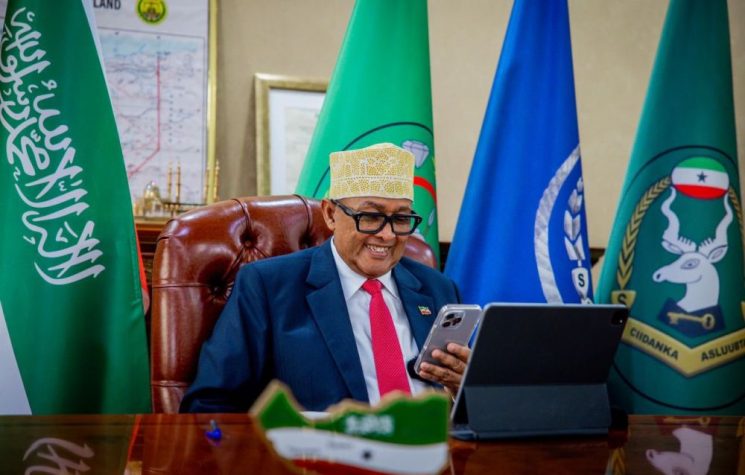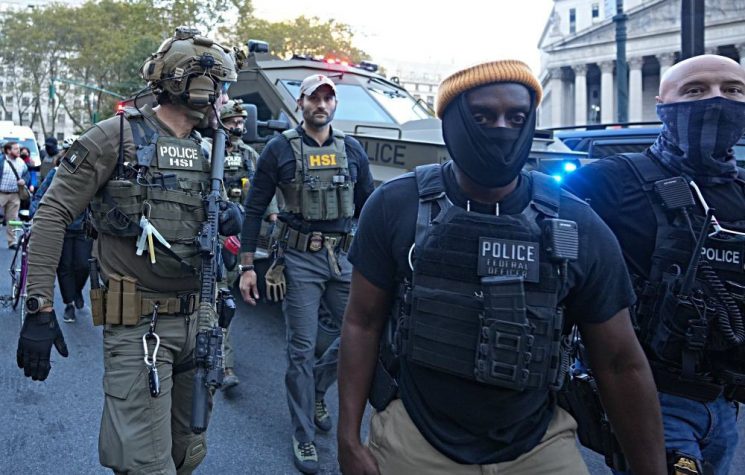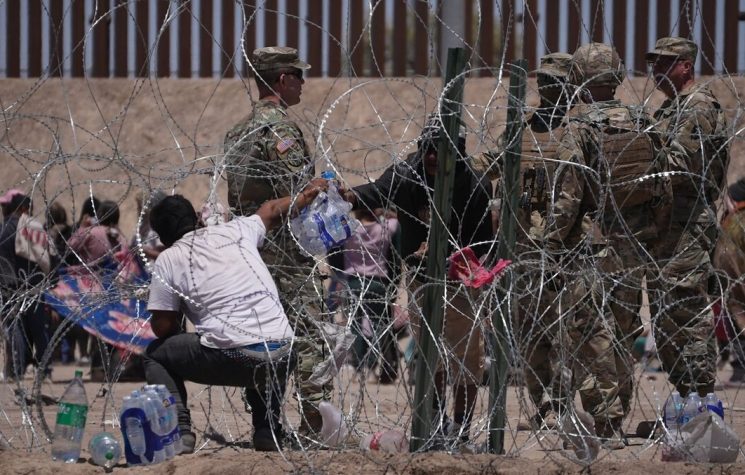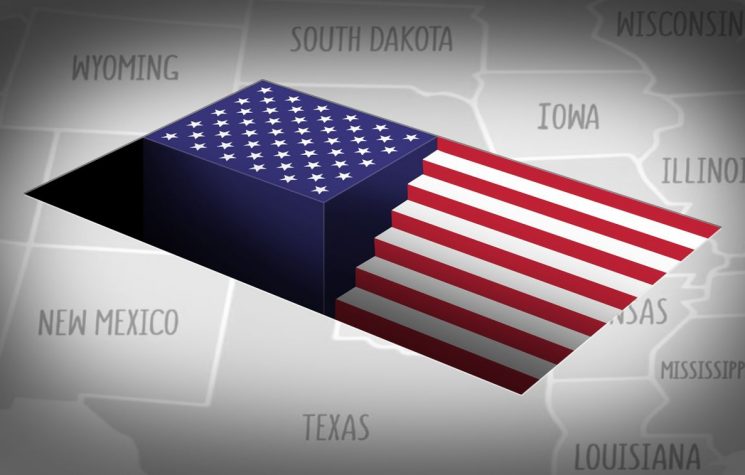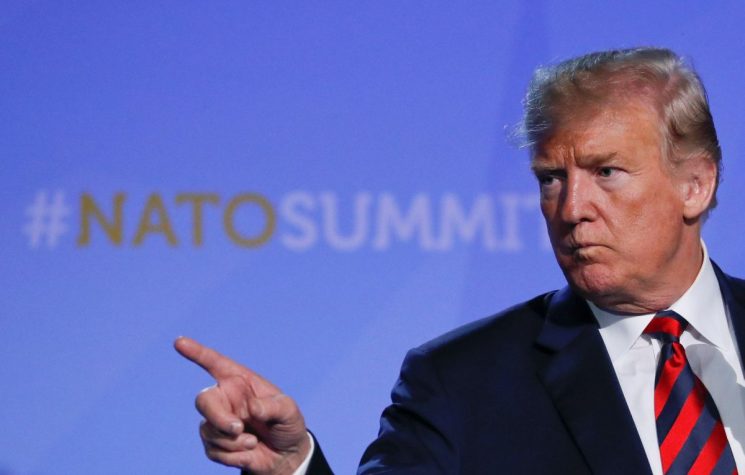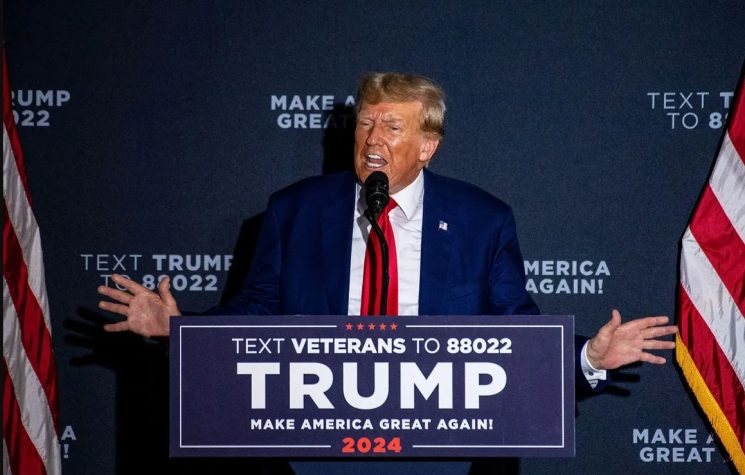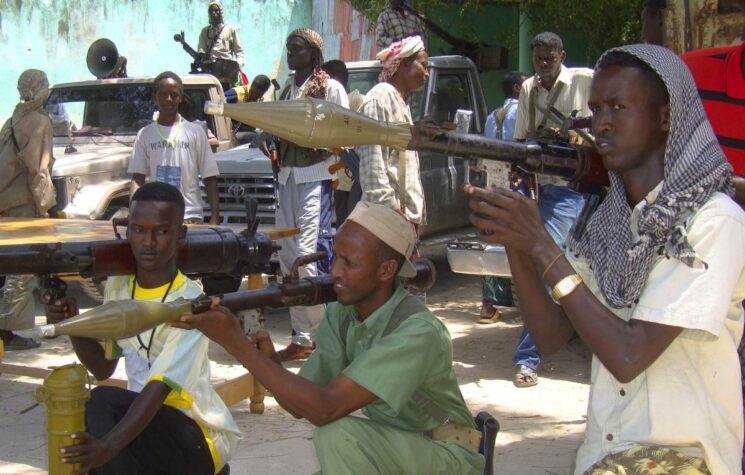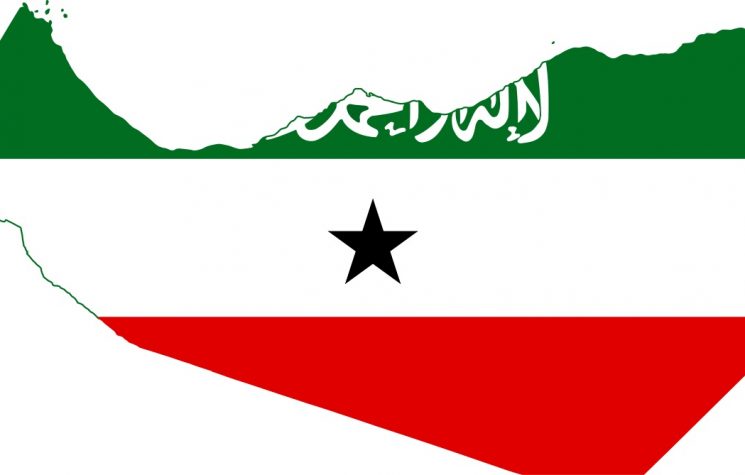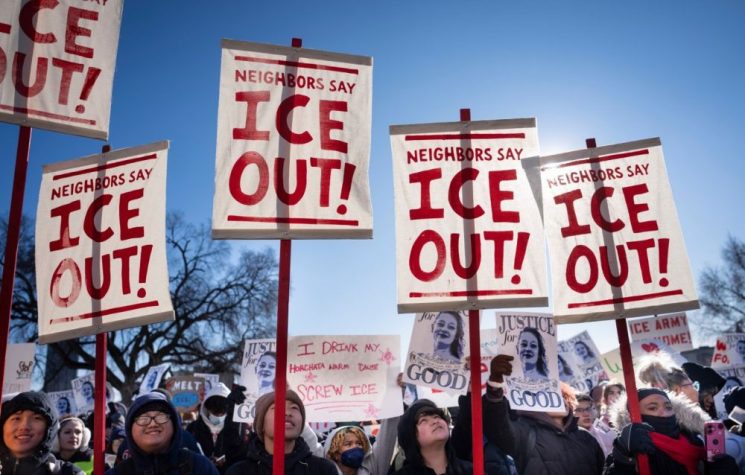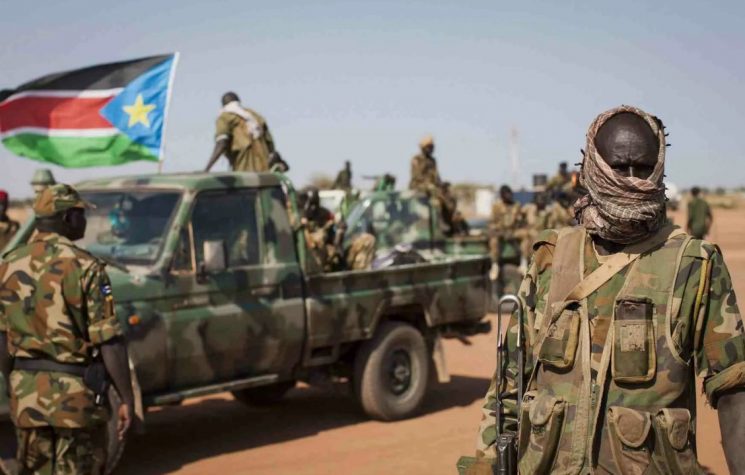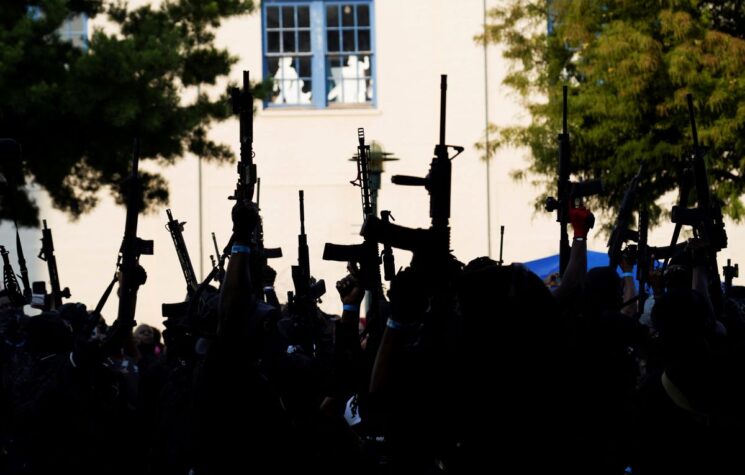For Trump to pull out U.S. forces in Somalia might seem petulant if not outright childish. But the move will not only cause a humanitarian catastrophe the world has yet to see, but it will also pitch regional players against one another.
You may not know exactly where Somalia is. Or really much about its history. But this unique African country on the North Eastern tip of the African continent – which was both a former Italian and British colony – is going to be in the newspapers you read and on your social media timelines a lot in 2021 – if the petulant outgoing president Trump gets his way and pulls out 700 or so U.S. troops.
While it’s still unclear whether Trump will really go ahead with the total troop withdrawal of U.S. troops in Afghanistan, which will almost certainly lead to the Taliban gaining the upper hand during the so-called Doha peace talks, in Somalia it is almost certain he will go ahead with the ruse, because its impact – he probably believes – will be less and will draw less wrath from the press. Somalia is bite-sized, he will figure.
But he couldn’t be more wrong.
Somalia, a troubled country which fell into the abyss in 1991 and has been controlled by terrorist groups since, is more important than most western journalists realise. And although the small contingent of U.S. troops there is tiny, in terms of military capabilities, it is hugely symbolic in keeping the international community there and preventing the country slide into a civil war.
The worry from many Somali apparatchiks is that if the U.S. pulls out, then the rest of the international contingent – including the EU and several important European governments – will also do the same, leaving the country vulnerable to Al Shabab taking total control over a fragile patchwork of troubled federal states. Of course, there will be resistance to this from a great many clan leaders who will feel they have no choice now other than to remove the knife from the sheaf to defend their lands and their political enclaves.
Initially it was Bill Clinton, who, almost as soon as taking office in January 1993 was presented with the problem of armed clans taking all of the food aid arriving in the port of Mogadishu, causing a famine in the interior. The democrat president from Arkansas signed off for U.S. troops to go in, which led to the Black Hawk Down catastrophe, which Clinton never really recovered from on the international circuit, even contributing to the genocide in Rwanda, following the Tutsi coup which was also an ill-conceived CIA plan which blew up in everyone’s face.
Will Joe Biden and his new secretary of state Antony Blinken suffer a similar ill fate when they take office in January?
For years, Somalia has been on the brink of a brink of a total civil and military meltdown. The only stalwart measure of wisdom from the west, which has prevented total calamity leading to an inevitable civil war, was keeping U.S. troops there as a reminder that America has the ability to strike quickly if it needs to. To remove those soldiers, as Trump is likely to do, for most educated Somalis is for the country to take a suicide pill.
Al Shabab’s roots are in a Salafi extremist movement which was born from the post-Siad Barre period but later boosted both by foreign jihadists post 9/11 under the affiliation to Al Qaeda – and then an invasion by Ethiopia in 2006 which swelled its ranks even further. It had, at one point, taken control of the capital but was pushed back by a UN-backed African Union peace-keeping mission. The very real worry is that this mission AMISOM simply won’t be able to cope with anarchy on all sides as its resources are limited. It simply won’t be able to operate in a civil war situation even with the present numbers of U.S. troops and other contingents there. Certainly if U.S. troops pull out, this will be the hair trigger that starts a civil war on all fronts.
Yet unlike before, the situation is made even more complicated by Somalia’s relationships in recent years with regional powers who some might argue would thrive in the chaos of civil war and revel in the opportunity to pursue their agendas. Qatar has always had an opaque, if not two-faced relationship with the Somali government and is often accused of fuelling terrorism within Somalia, pitching one clan against another. It is also often accused outright of wrecking the relative peace that the country’s president Mohamed Abdullahi Farmaajo had built, when Doha raised the stakes in the so-called special relationship and installed their own TV propagandist from Al Jazeera into the position of security chief.
What happens to Faramaajo when the country slides into civil war? Does he become the puppet which Qatar props up, exactly in the same way the Saudis kept Yemen’s president in office, Abdrabbuh Mansur Hadi in exile? Will Somalia be the new Yemen war which Joe Biden will be a spectator of while the world’s media catches up onto the farce of Trump’s claims to be a peace broker? As DC based analysts scramble over the idea that it could have been Trump himself to have resolved the four-year dispute between Qatar and its GCC neighbours, the final nail in that particular coffin could be Somalia, given that the UAE is also an active player in this country and has its own ambitions of hegemony there. If Faramaajo is to become Qatar’s own Hadi, no doubt exiled to Doha, then does that make the internal battle between the UAE and Saudi Arabia in Yemen, replicated more or less in Somalia? Does the UAE find its own group of rebels – Al Shabab itself? – which it backs, so as to topple “Mr Cheese”? Will the war spill over into peaceful Somaliland, a breakaway state which has its own scores to settle in Somalia?
It’s a cruel irony though that the power vacuum that Obama himself created when he reduced America’s role in the entire region to ‘soft power’ opened up a chasm for Qatar, UAE and Turkey to fill in failed states like Somalia – and now one which is about to bite Joe Biden on the arse before he even enters the Oval Office. The democrats are cursed by Somalia, it seems, but just as Bill Clinton had to make his toughest foreign policy decision almost immediately entering the Oval Office, so too will Joe Biden.








